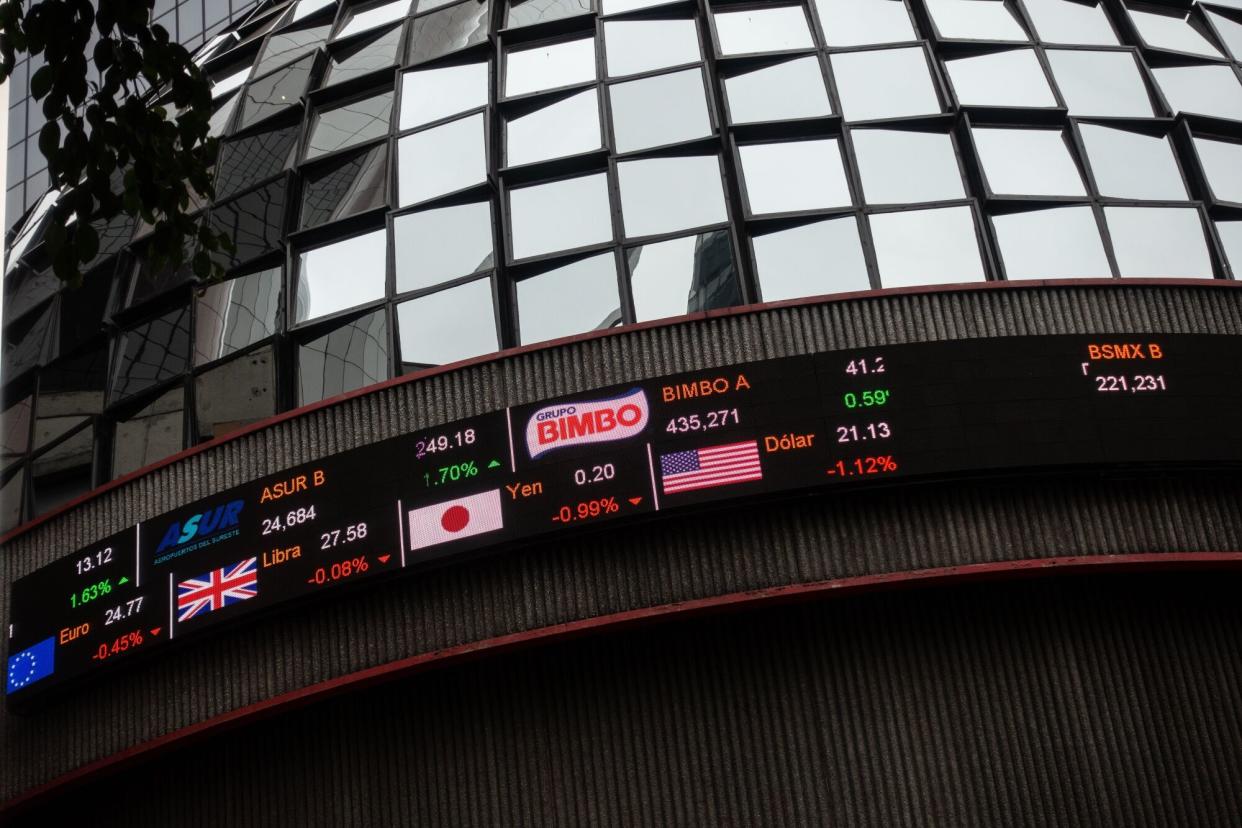Mexico’s Congress Approves Key Bill to Boost Company Listings

(Bloomberg) -- Mexico’s congress approved a bill to reform the country’s existing stock market law in a bid to spur more debt and equity listings.
Most Read from Bloomberg
Hamas Mastermind Who Tricked Israel Is Top Target in Gaza Tunnels
‘Fed-Friendly’ Data Lift Bonds as Stocks Struggle: Markets Wrap
Biden, Xi Declare Progress After Concluding Four-Hour Summit
Xi Says China Seeks to Be Friends With US, Won’t Fight ‘Hot War’
The country’s lower house approved the legislation on Wednesday with 452 votes in favor and zero against. The reform aims to make it easier for smaller companies to sell debt or stock to institutional investors by streamlining regulations. It also allows for classes of shares with different voting rights, so-called dual-class shares, to entice family-controlled companies to go public.
The bill, which had been approved by the senate in April, will now be sent to the president to be signed into law.
The government-sponsored measure aims to boost activity after a six-year drought of large companies listing their shares in the local market amid thin liquidity and concerns of President Andres Manuel Lopez Obrador’s active meddling in certain sectors. Instead, companies such as billionaire Carlos Slim’s retail chain Grupo Sanborns moved to delist shares.
The number of companies delisting expanded across sectors, from milkmaker Grupo Lala to Banco Santander’s Mexico unit. In April 2022 deputy Finance Minister Gabriel Yorio announced the government’s plans to deepen local capital markets by encouraging new issuance while also increasing the number of local investors.
Hedge Fund Incentives
To boost the investor pool and raise demand for local instruments, the bill will also create a new legal framework for local hedge funds. The number of equity-focused funds in Mexico has lagged Brazil, where investment managers like XP Inc have flourished amid a more dynamic retail investor market, and helped fuel record initial public offerings back in 2021 and 2020.
“New hedge fund regulation will bring new players that will improve liquidity,” said Bradesco BBI analyst Rodolfo Ramos in an interview. “Current legislation is very cumbersome and restrictive for opening funds.”
Besides the move to allow for dual-class shares, the bill included other measures designed to coax family-controlled companies to list. The changes it proposes make it harder for minority investors to block any attempts by a company board to introduce measures in its bylaws to prevent hostile takeovers. The proposal would raise the threshold to oppose changes to 20% of shareholders at meetings from 5% in the current law.
The country’s banking and securities regulator has pledged to issue so-called secondary regulations that will flesh out the legislation in the first half of next year. Those additional rules could be key to determine the impact of the law.
Overall, the reform will help “on the margin,” Ramos added. Mexico’s next administration, which will be elected in June as Lopez Obrador is not eligible for reelection, might have an even larger impact.
“A business-friendly administration would go a long way in improving multiples and market activity,” he said.
--With assistance from Alex Vasquez.
Most Read from Bloomberg Businessweek
Sequoia Icon Michael Moritz Bets $300 Million on Reshaping San Francisco
At REI, a Progressive Company Warns That Unionization Is Bad for Vibes
Peter Thiel Is Still Hoping That Donald Trump Just Fades Away
©2023 Bloomberg L.P.



